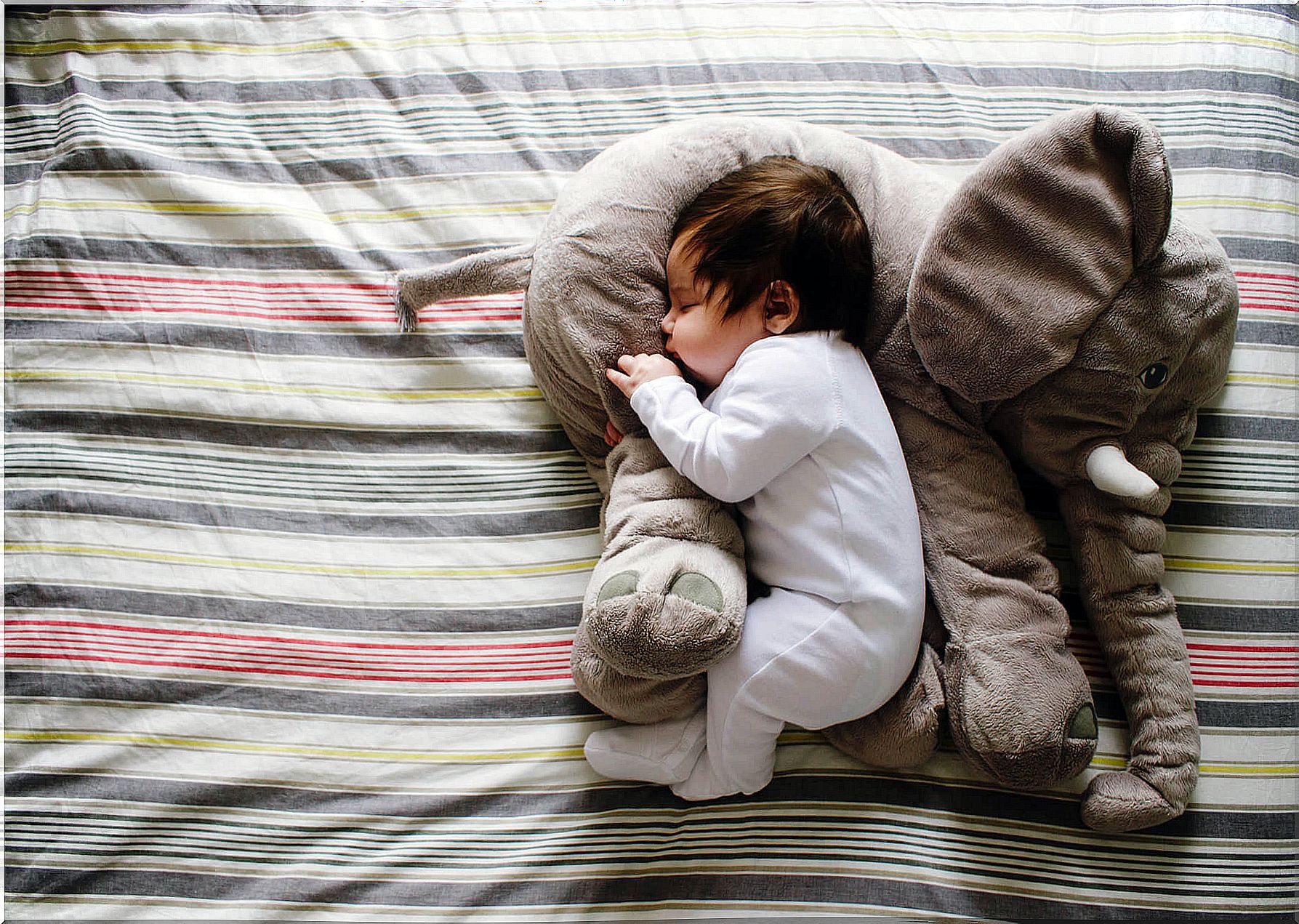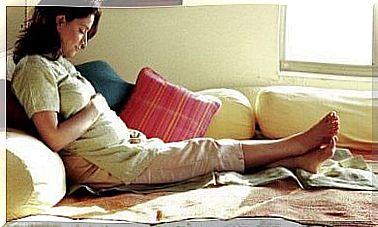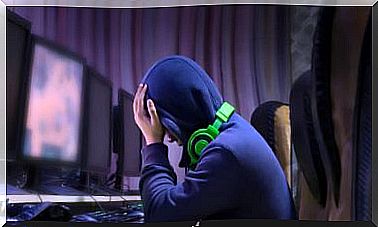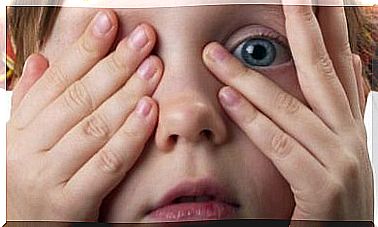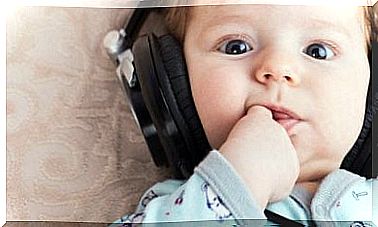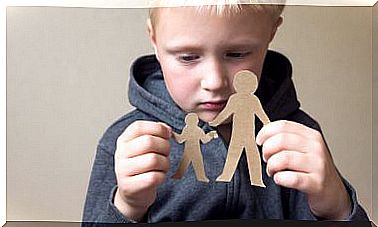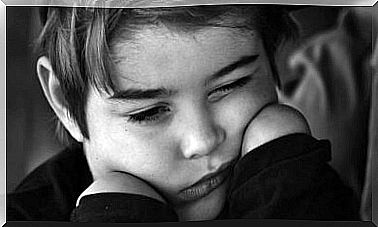Night Terrors In Children
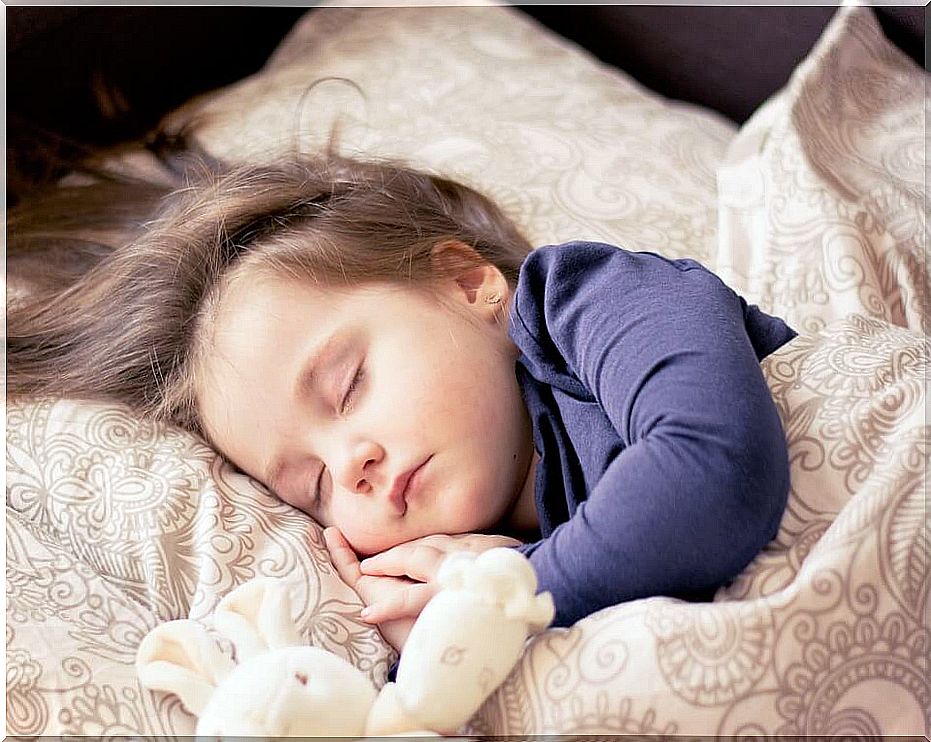
Many children have nightmares when they are asleep at night. Usually it passes when they wake up and they are reassured with a good hug from their parents. But, some little ones can suffer from night terrors and parents are often concerned if their child is prone to these sleep disturbances.
Night terror is a sleep disorder that resembles a nightmare but lasts longer and the child is very scared. Children appear to be awake but are actually asleep.
Night terrors in children scare parents a lot, but if there is no medical problem that causes it, we should not worry. Like sleepwalking or nightmares, they are usually of no relevance to children’s health.
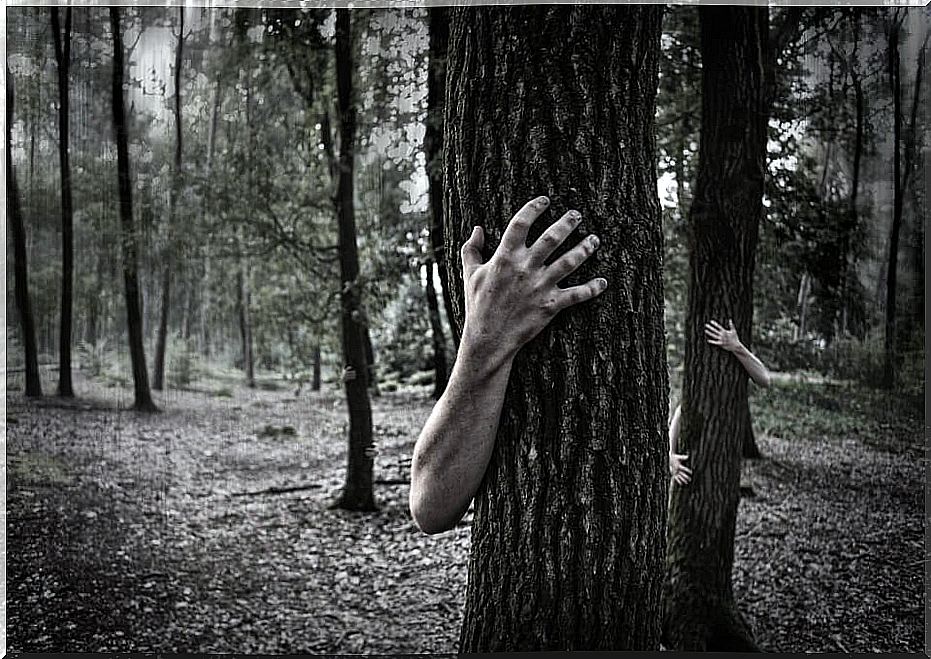
Night terrors
Sleep is a complex phenomenon during which different disorders can appear in their different stages known as parasomnias. Among the most common childhood parasomnias, we can mention pediatric insomnia, sleepwalking, talking during sleep, nightmares, night terrors or restless legs syndrome, among others.
Our children’s dream goes through several phases. REM is when most dreams occur, but night terrors occur during non-REM sleep. These usually appear 2 to 3 hours after falling asleep, in the transition from the deepest non-REM phase to REM, the stage in which dreams occur.
During a night terror, the child may sit up and sit on the bed may even scream or run around the house in distress. Then after a few minutes, the child will calm down and go back to sleep peacefully.
Although it may seem incredible, the little ones do not remember these night terrors. Even so, parents tend to worry a lot when they see how children go through so much fear.
Differences from a nightmare
Nightmares only appear in the so-called REM phase of sleep. However, night terrors arise in the NREM phase, when the child is sound asleep in the first third of the night.
If a child has a nightmare, he will calm down if the parents sit down and talk to him. If a child is going through a night terror, he will not react when the parents come to see him. The little one can remain seated or upright in bed even with his eyes open, but he will not know or see that his parents are there, so it is not convenient to wake him up.
If a child has a nightmare, the next day he will surely remember what he has dreamed of. If, on the other hand, he has been through a night terror, he will not remember anything even if others insist on asking him what happened to him or what he was dreaming about.
Cause of night terrors
Specialists believe that night terrors are caused by an overactivation of the central nervous system (CNS) during sleep. It usually occurs in children from three to four years old until adolescence. Children often suffer when they are excessively tired or sick. They can also appear as a result of a medication or when they sleep in a house other than their own.
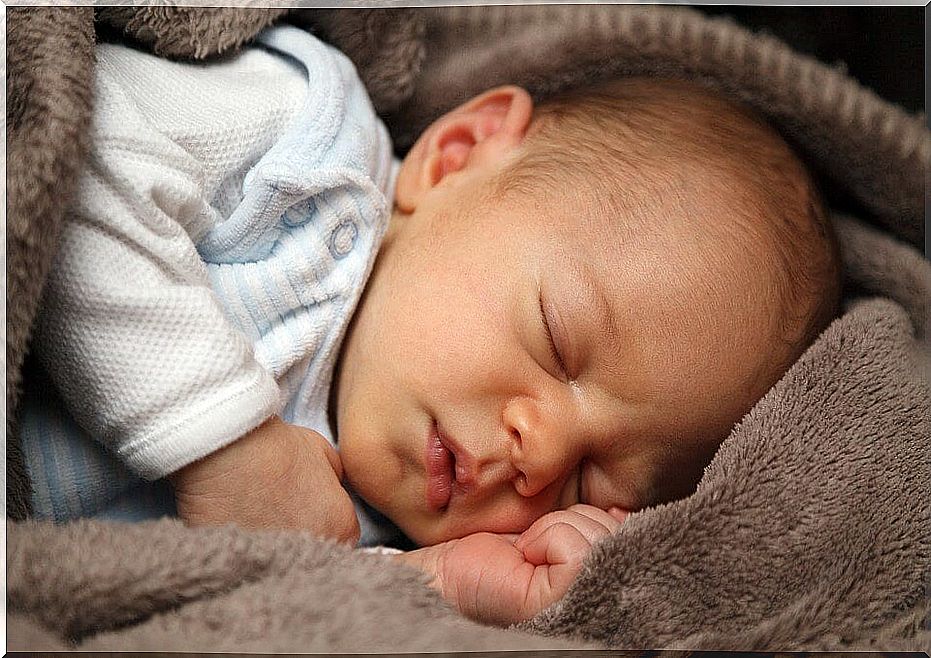
What to do when faced with a night terror
Parents are often very frightened by these night terrors and usually do not know what to do. It is important not to wake the child when he is suffering a night terror because he will feel disoriented and will probably not know where he is.
The best thing is to wait for the night terror to pass, making sure that the little one does not fall out of bed or does not hurt himself. Normally, these terrors last a few minutes and then the children go back to sleep peacefully.
There is no treatment for night terrors but we can try to reduce the activities or responsibilities of the child in case it is affecting him. You may be stressed or too tired. You can also try not to watch violent movies or play a video game before falling asleep that may be affecting you. So that the possibility of the little one showing problems sleeping is reduced.
If the night terrors recur regularly, you should go to the pediatrician, in case it is necessary to talk to a specialist to check that the child does not have a sleep disorder.
